Congratulations to three Anthropology professors, Jennifer Dickinson, Teresa Mares, and Jeanne Shea who were recently awarded research and teaching grants from UVM’s College of Arts and Sciences.
Jennifer Dickinson was awarded CAS International Travel Funds to present a paper at the Association for 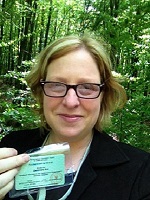 East European and Eurasian Studies/ International Association for the Humanities (ASEEES-MAG joint conference) in Lviv, Ukraine in June/July.
East European and Eurasian Studies/ International Association for the Humanities (ASEEES-MAG joint conference) in Lviv, Ukraine in June/July.
The Politics of Profanity in the Ukrainian Public Sphere
The past two years have seen profanity take on a special significance in Ukrainian public discourse in the context of domestic unrest and conflict with Russia. This paper examines the use of profanity in the Ukrainian public sphere, focusing both on the politicized deployment of profanity in the public sphere, and ideological metadiscourses on the use of profanity that circulate in the press and social media.
Teresa Mares received an Enhancing Excellence through Interdisciplinary Experiential Engagement Grant of $7693 for her project with Rachael Montesano (Romance Languages and Linguistics).
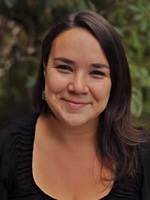 Food in the Field: Enhancing Collaboration with Spanish-speaking Farmworkers in Vermont
Food in the Field: Enhancing Collaboration with Spanish-speaking Farmworkers in Vermont
Mares and Rachael Montesano (UVM Romance Languages and Linguistics) bring together their SPAN 052 and ANTH 296 courses in the Spring of 2017 in an interdisciplinary exploration and engagement with topics related to food and migration for farmworkers in the United States. Through focusing in onthe lives of migrant farmworkers in Vermont, Montesano and Mares will bridge their students’ interests in language acquisition, labor studies, and culture to better acquaint them with the food system that surrounds them and the workers who maintain it. The initiative brings together students studying Spanish and Anthropology through a high-impact series of participatory research projects and experiential engagements, culminating in a Culture Sharing Meal with farmworkers and students. This collaboration will impact UVM CAS students by giving them the opportunity to put into action their classroom learning and connect firsthand with individuals whose cultures and labor are contributing to the state’s diversity and working landscapes.
Jeanne Shea was awarded a CAS Faculty Research Support Award, with special designation as the Joan Smith Faculty Research Award, for her project on Urban to Rural Extension of 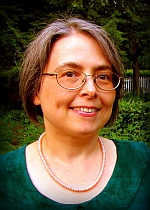 the Senior Companions Programs in the US and China: Societal Use of Older Adult Volunteers to Support Community-Based Aging in Place. Jeanne was also awarded CAS International Travel Funds to present a paper at the Society for East Asian Anthropology Conference in June at Chinese University of Hong Kong (abstract follows) . While in Hong Kong, she will also conduct field research on the Peers for Progress volunteer program, which was the immediate inspiration for the Senior Companions program in Shanghai where she will be conducting research over the next few years.
the Senior Companions Programs in the US and China: Societal Use of Older Adult Volunteers to Support Community-Based Aging in Place. Jeanne was also awarded CAS International Travel Funds to present a paper at the Society for East Asian Anthropology Conference in June at Chinese University of Hong Kong (abstract follows) . While in Hong Kong, she will also conduct field research on the Peers for Progress volunteer program, which was the immediate inspiration for the Senior Companions program in Shanghai where she will be conducting research over the next few years.
Spousal Caregiving among Elderly Couples in Shanghai: Social Arrangements and Personal Meanings: With a rising proportion of elderly people living for increasingly lengthy periods of time and with fewer younger family members available to care for those who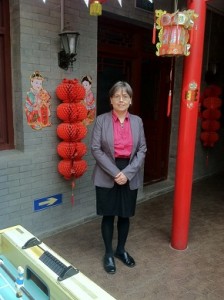 become ill or frail, families in China today are increasingly looking beyond the traditional model of filial piety to other solutions for the care of disabled elderly. Based on eight months of fieldwork conducted in Shanghai, a city in the vanguard of the graying trend, this paper explores the increasing significance of horizontal conjugal solutions to eldercare in China. Fieldwork involved home visits and in-depth interviews with 30 spousal primary caregivers ranging in age from 60 to 94 years old, half female and half male, with spouses with various chronic diseases. The interviews focused on the social arrangements and personal meanings underpinning later-life home-based spousal care. Reflecting the increasing importance of conjugality among middle income urbanites, most of these elderly couples were living alone, largely financially independent of their children, and primarily responsible for their own care. Some received a bit of assistance from their children, neighbors, and/or local social services, but such help was supplemental. Caregiving arrangements also reflected modernization in gender norms, with all but one of the elderly men embracing his caregiving responsibilities, and with elders relying on sons and daughters for supplemental help. The most common personal meanings attached to spousal caregiving were: a responsibility assigned by fate, a way to demonstrate continuing ability to contribute to society, or a way to repay, or to express love to, their spouse.
become ill or frail, families in China today are increasingly looking beyond the traditional model of filial piety to other solutions for the care of disabled elderly. Based on eight months of fieldwork conducted in Shanghai, a city in the vanguard of the graying trend, this paper explores the increasing significance of horizontal conjugal solutions to eldercare in China. Fieldwork involved home visits and in-depth interviews with 30 spousal primary caregivers ranging in age from 60 to 94 years old, half female and half male, with spouses with various chronic diseases. The interviews focused on the social arrangements and personal meanings underpinning later-life home-based spousal care. Reflecting the increasing importance of conjugality among middle income urbanites, most of these elderly couples were living alone, largely financially independent of their children, and primarily responsible for their own care. Some received a bit of assistance from their children, neighbors, and/or local social services, but such help was supplemental. Caregiving arrangements also reflected modernization in gender norms, with all but one of the elderly men embracing his caregiving responsibilities, and with elders relying on sons and daughters for supplemental help. The most common personal meanings attached to spousal caregiving were: a responsibility assigned by fate, a way to demonstrate continuing ability to contribute to society, or a way to repay, or to express love to, their spouse.
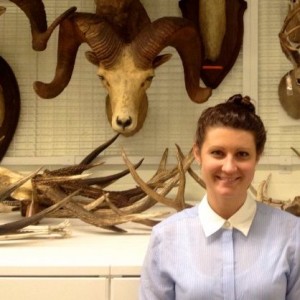 Elizabeth McLeod (2012), formerly Elizabeth “Liz” Lednicky, has recently been accepted to the University of Vermont College of Medicine. She hopes to pursue a career in forensic pathology. Liz has recently graduated from Boston University School of Medicine with a MS in Forensic Anthropology. Her thesis research investigated the effect of rainfall on decomposition and blowfly activity. She has been involved in additional research investigating histomorphometric factors in human rib bone and taphonomic indicators of rodent gnawing. She is currently working in the Department of Thoracic Surgery at Brigham and Women’s Hospital in Boston, MA awaiting the beginning of the 2016 school year. Following are her recent contributions to scholarship:
Elizabeth McLeod (2012), formerly Elizabeth “Liz” Lednicky, has recently been accepted to the University of Vermont College of Medicine. She hopes to pursue a career in forensic pathology. Liz has recently graduated from Boston University School of Medicine with a MS in Forensic Anthropology. Her thesis research investigated the effect of rainfall on decomposition and blowfly activity. She has been involved in additional research investigating histomorphometric factors in human rib bone and taphonomic indicators of rodent gnawing. She is currently working in the Department of Thoracic Surgery at Brigham and Women’s Hospital in Boston, MA awaiting the beginning of the 2016 school year. Following are her recent contributions to scholarship:

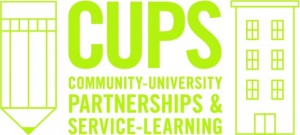
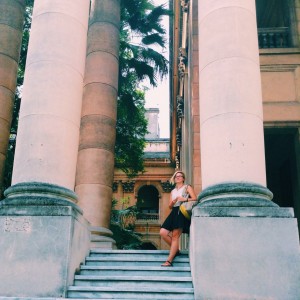
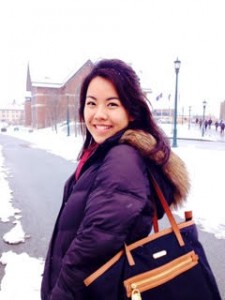




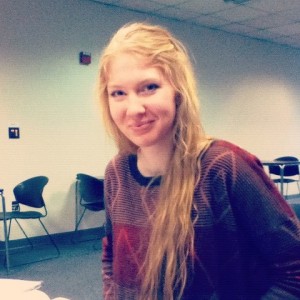
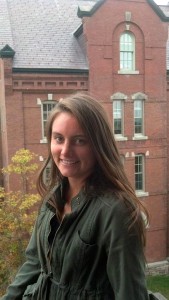
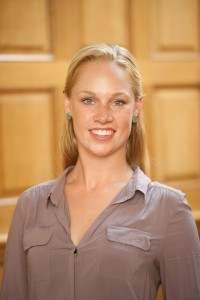
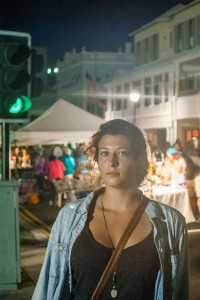
Recent Comments